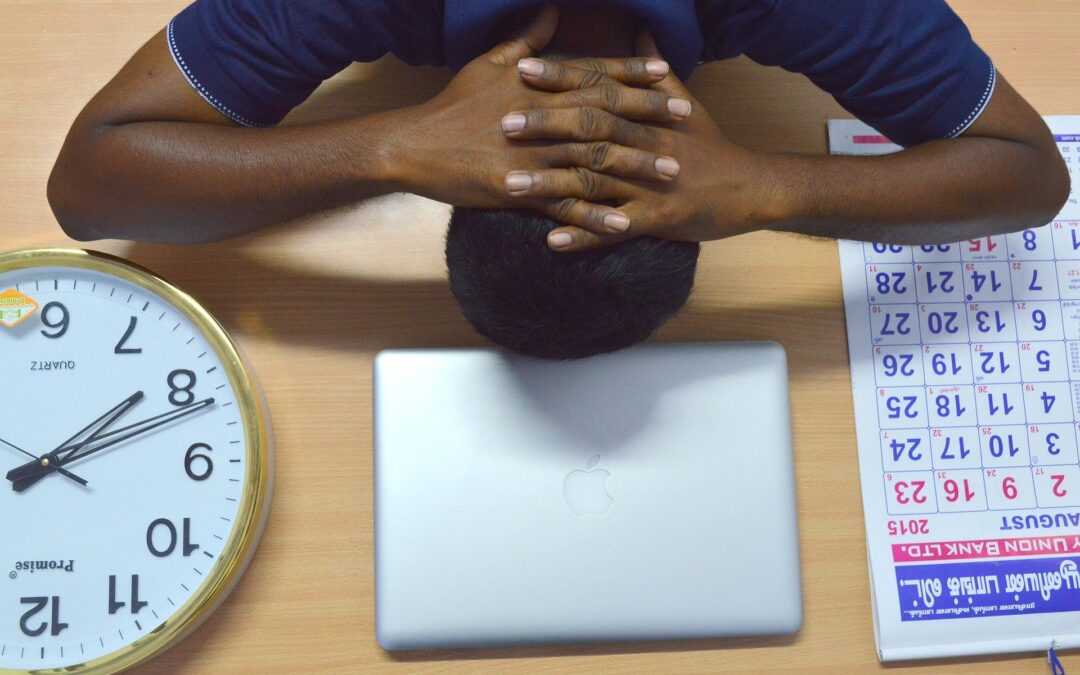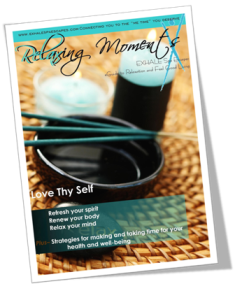Stress can be defined as the non-specific response of the body to any demands made upon it. In other words is the interaction between the coping skills of the individual and its environment. When talking about stress, the first question that comes to my mind is, what causes stress? Well, there are 2 factors that cause stress. At first, is a stressor, and second is what we call the stress-reactivity. A stressor is any stimulus which has the potential of triggering flight or fight response. Stressors are those, for which our body is evolutionary trained, when there was a threat to our safety, consider the example, the cavemen who saw a lion looking for its next meal, had to react quickly. Cavemen, who were not strong enough or fast enough, didn’t have to worry about their next threat. They become meal for the lion, so the flight or fight response was necessary, and its rapidity was vital for survival.
Modern day men and women also react to stressors with the same response, for example, when you step off a curb, not noticing a car coming down the street, you hear the car’s horn, you quickly jump back on the curb. Your heart beats faster, breathing changes, you perspire. These are all manifestations of your response to the stressor, which is the threat of being hit by the car. We encounter different types of stressors. There are environmental stressors like heat, cold, toxins. Some psychological stressors like threat to self-esteem, depression. And other sociological stressors like death of a loved one, unemployment and then there are other philosophical stressors like use of time and purpose of life. We encounter stressors everyday and in every walk of life.
The flight or fight response to a stressor is termed as stress reactivity. It includes increase in muscle tension, heart rate, elevated blood pressure, less saliva in mouth, etc. these reactions prepare us for swift response. When we buildup stress products and do not use them, this stress reaction becomes unhealthy.
Some stress is natural and necessary part of life. It is inevitable and also desirable. At low level of stress arousal you are not motivated to try very hard so you don’t perform well. At another extreme, too high level of stress arousal disrupts your performance on all your tasks. Hans Selye (a researcher in stress) summarized stress reactivity as a three stage process termed as General Adaptation Syndrome (GAS).
Phase 1: alarm reaction- the body shows the changes characteristic of the first exposure to the stressor. A burst of energy is made available to you.
Phase 2: stage of resistance- resistance ensues if continued exposure to the stressor is compatible with the adaptation. The bodily signs of alarm reaction have virtually disappeared, and resistance rises above normal.
Phase 3: stage of exhaustion- following long continued exposure to the same stressor, the adaptation energy is exhausted. The similar symptoms of alarm reaction reappear, but now they are irreversible and this could be fatal.
Stress has many effects on our health. If not given proper attention could lead to hypertension, stroke, ulcers, migraine headaches, coronary heart disease, tension headaches, asthma, hay fever to name a few. Have you ever noticed that some people are more prone to stress than other. Some people tend to react to stressors with an all-out physiological reaction that takes a toll on their health. We call these people as hot reactors if you notice people who get angry easily, are often anxious or depressed, urinate frequently, experience constipation or diarrhea more than usual, experience vomiting or nausea, there is a good chance they are hot reactors. People who are perfectionist, obsessive compulsive, etc. are more prone to stress.
The management of the five components of stress in the way to reduce stress:
1) Changing stressors: Identify the regular or predictable stressors in your life. Commonly they are job, relationships, and unreasonable demands. You can change the stressor, quit it, improve it, or tolerate it.
2) Changing your physiological responses: Life style modifications, healthy diet, relaxation, exercise.
3) Changing behavior: An important part of managing stress effectively involves changing your behavior so as to replace old, stress increasing and self defeating behaviors with more successful behaviors.
4) Changing your perception: Interpretation of your situation as a threat makes it a stressor for you. Your expectation whether or not you will be able to cope with it influences your level of stress and your expectations of your not coping also influences your levels of stress.
5) Changing your feelings: How you think is how you feel. Learn to handle your bad feelings. Denying your feelings and pretending they don’t exist will only make things worse.
These are just a few suggestions understand and start working on the stressors you feel in your life. Rare is a person who doesn’t experience any stress. The first step is to be aware. Observe and introspect to identity the stressors in your life. As a starting point think of all the stressors in your life and the level of stress they bring to you.


